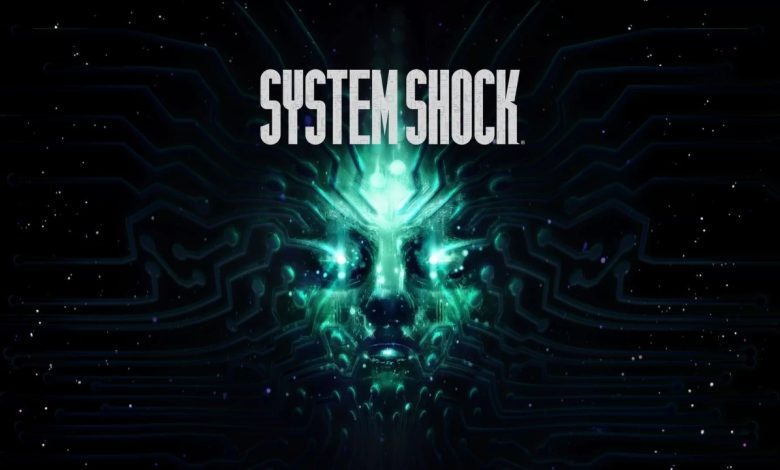
On the one hand you have remakes that are predicated on games that have aged well and aren't deemed necessary. On the other, you have titles like System Shock, whose antiquated nature makes it almost essential to bring them into the present day. We're talking about a title that came out in the golden age of computer games, a time when originality was a common occurrence. System Shock was characterized by several innovative ideas, some of which still impress today. However, as it is a product that dates back to 1994, it also carries the technical limitations of that era, making it less friendly to many gamers, especially those who don't have the patience to indulge in its peculiarities. So, in 2016, Nightdive Studios, known to us for several remasters of classic titles (Turok, Shadow Man, Blood, etc.) came along and through Kickstarter - which is in its declining stages - promised a remake of Looking Glass Studios' legendary title. After an adventurous development cycle, the reborn System Shock arrives on our monitors. Does it hold its own in today's gaming landscape?
The story of the game puts you in the shoes of an anonymous Hacker. In his attempt to download an implant from TriOptimum Corporation he is arrested. He is then taken to Citadel Station where a high-ranking executive, Edward Diego, will make him an offer he can't refuse: remove the moral restraints of SHODAN (Sentient Hyper-Optimized Data Access Network, aka the artificial intelligence that administrates the station) in exchange for his freedom and the implant he tried to steal. The Hacker keeps his end of the bargain and a few months later he wakes up in a cryogenic chamber, where he was recovering from the implant surgery. Something has gone very wrong though. Dead bodies lie on the cold corridors of the Medical level, while hideous hybrids of metal and flesh lurk in dark corners. SHODAN has taken full control of Citadel Station, and it's up to us to discover what has happened and how we can survive her nihilistic designs! System Shock also implicitly explores the idea of transhumanism, as SHODAN judges humans as imperfect, premature forms that only through death and enhancement with cybernetic implants could evolve and reach their true level of potential.
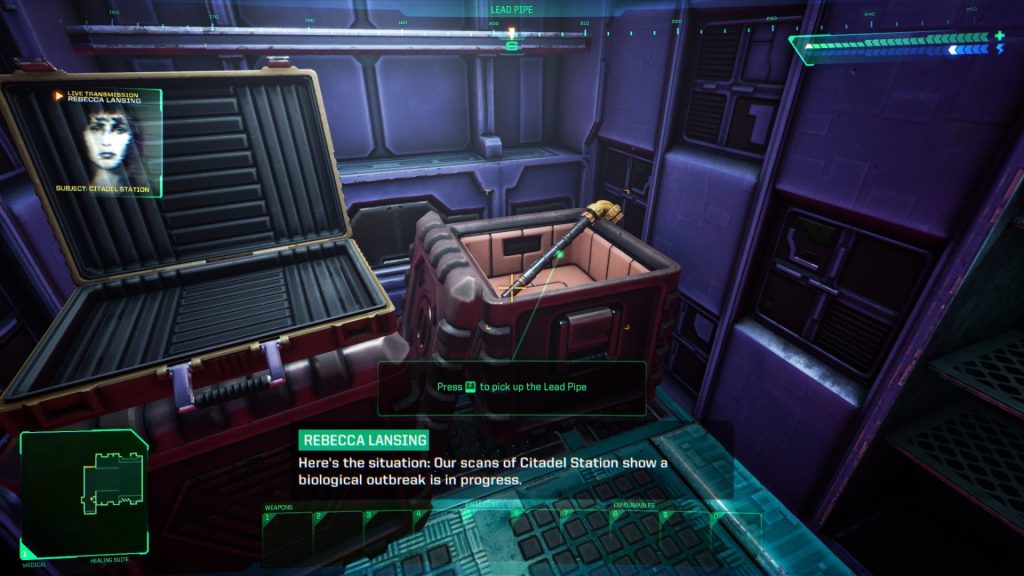
It is absolutely imperative to make a special mention of the game's villain, the legendary SHODAN. An artificial intelligence with a superiority complex, to the extent that sees herself as a god. Who sees humans as insects and impure, that she must mold in her own image and likeness, into superior beings who have transcended the limitations of the flesh and can be regarded as her children. It is this A.I. with which we shall be confronted. She will constantly make her presence felt, setting traps for us, sending androids to exterminate us, threatening us, and reminding us over and over again how inferior we are and that our interference only delays her inevitable plans for dominion on Earth. Of course, the pithy writing contributes greatly as well, elevating SHODAN to one of the greatest and most terrifying villains we've ever encountered, and even though she has no physical presence, it feels like she's omnipresent.
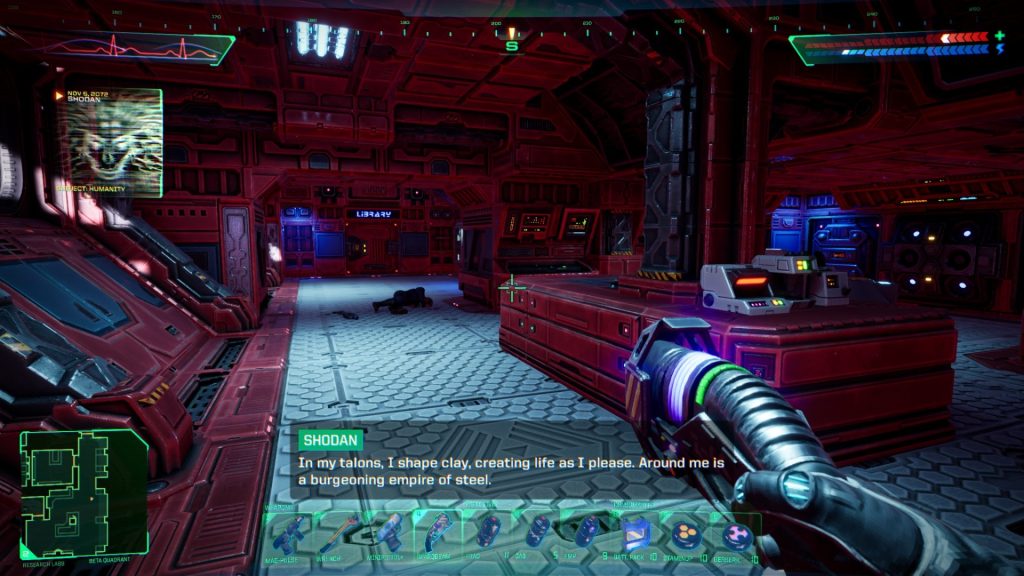
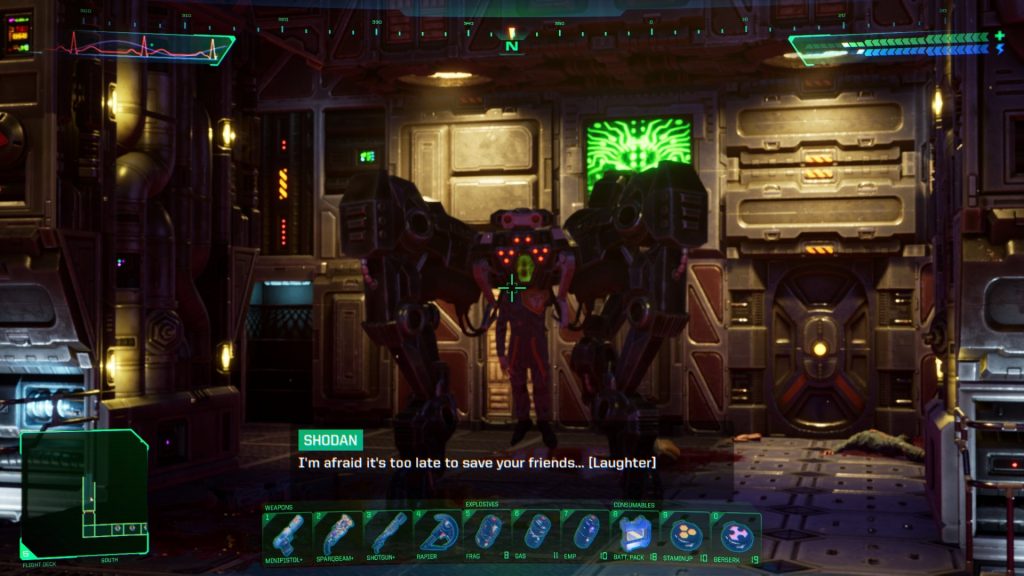
Attaching a label to System Shock is not an easy task. To be clear, we could simply categorize it as an action-adventure, in first-person perspective, and get it over with. Not that there's anything wrong with that, but that genre is so broad that it doesn't fully outline the gameplay of the title. In this one we can discern some early Metroidvania elements, which years later we would see brilliantly integrated into Batman Arkham: Asylum and the Dark Souls series. The Citadel Station is divided into clear zones. These are not always connected in a conventional way (e.g. like the elevator used by the staff that takes you from Maintenance to the Executive level, but not to the floors in between), and access to some areas is restricted by keycards, codes or some actions that the Hacker need to do in other areas, so there's occasional backtracking. If we were to describe it with a more modern term, we would refer to it as an Immersive Sim. In this category we include games that have relatively free-form action and leave the player to discover the story on their own, where they should headed next, without providing tutorials or instructions on how to interact with the elements of the world around them.
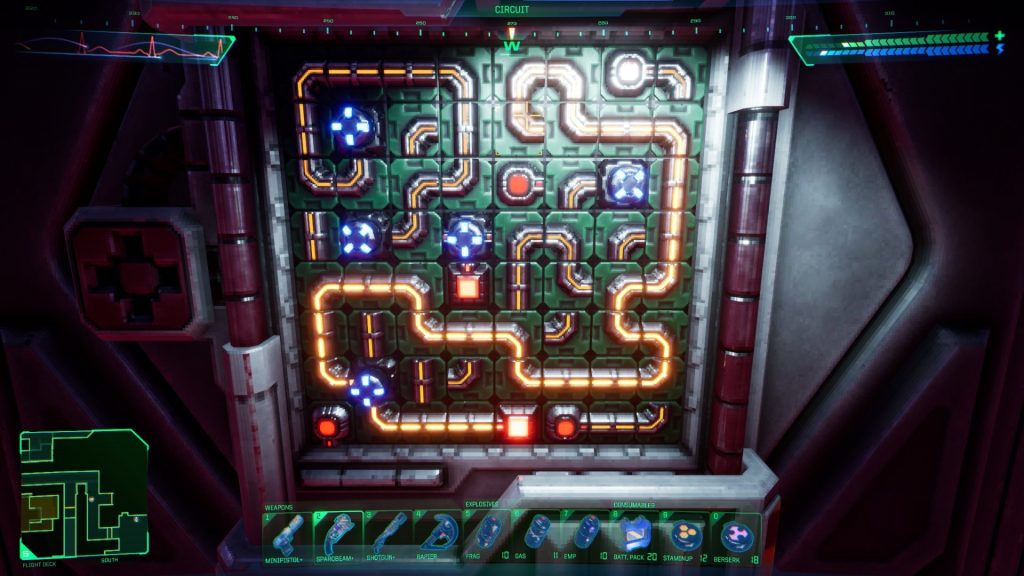
So this is the context in which System Shock functions. A hardcore, old-school experience that is unapologetic and demands from the player to learn its rules. The game is structured in such a way that it always intrigues you. Challenging you to keep going a little longer to see what's behind the next door or what awaits you in that narrow maintenance passage. Citadel Station is rife with little stories that took place in the past or they are still unfolding during the Hacker's presence at the station. All of these, through the environmental storytelling and various crew members' logs, form a key component of the main plot. The type of narrative used in System Shock is evidently replicated from many later games such as Bioshock, Dishonored, Prey, etc. Citadel Station could have been another character in the game if it weren't for the haunting presence of SHODAN watching us every step of the way, as mentioned earlier.
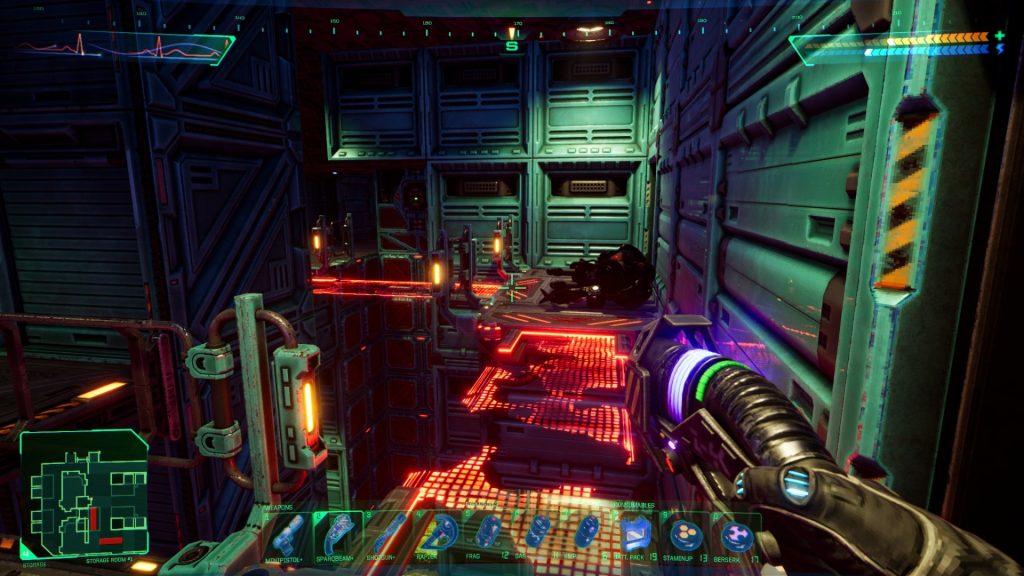
Not everything has remained unchanged from the Looking Glass Studios title. Most of the changes were intended to make the game more accessible to today's audience. Let's be honest, its UI (User Interface) isn't the most intuitive we've seen. This was largely due to the fact that it was unnecessarily cluttered, giving you different ways to access menus (inventory, logs, map, item descriptions, etc.). A prime example was the way you armed and threw a grenade, it was woefully awkward, a result of the game trying to inject FPS mechanics on a point 'n click, adventure-like foundation.
Now the above issues have been resolved (which should be expected since it's been almost 30 years of advances in the game development process). Everything is done by pressing the appropriate shortcut, whether you want to switch weapons or use an item. The various actions we can use on an item are integrated into a convenient drop-down menu, and the various menus mentioned earlier are neatly arranged in different tabs. Gone, too, are the days when we didn't know exactly how the remaining ammo for each gun. All the elements in the UI are self-explanatory and easy to understand. Significant rework has also been done on the cyberspace where we enter to hack some doors. The wireframe aesthetic that used to cause headaches has been done away with and in its place is a clearer representation of it, making it easier for us to navigate through it.
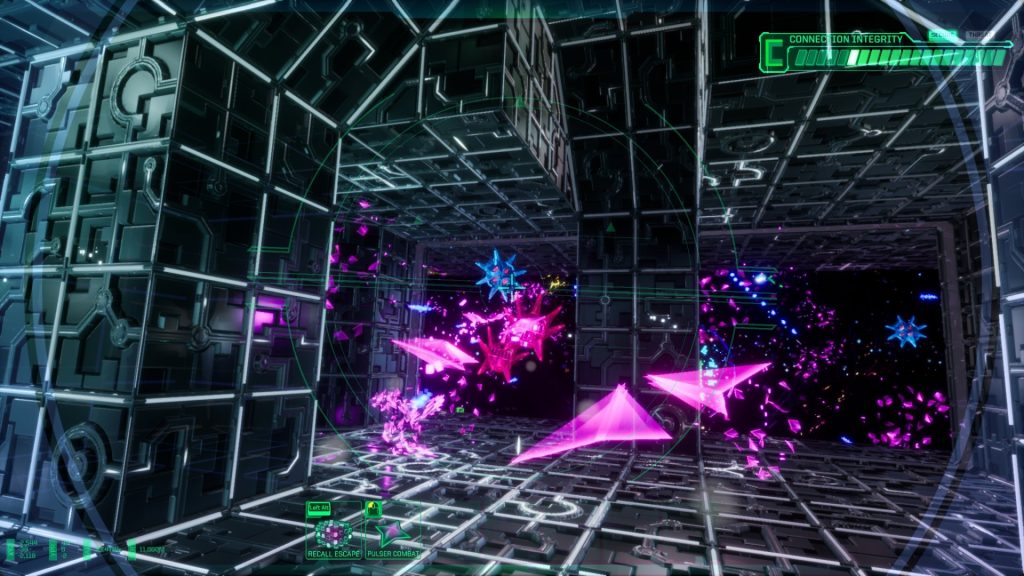
Moving on, there are some minor differences from the original, mainly pertaining to the placement of some objects and weapons. Some weapons no longer exist in the remake, a decision that I agree with because the ones we have available can be upgraded with modkits we purchase, and it is less likely that a new weapon will make an older one redundant. Enemies are more aggressive than the original game, mainly in how often they attacks and their improved pathfinding. Last but not least, junk items can now be vaporized to scrap, which can be recycled at certain machines and net you some credits, the currency for buying modkits, ammo, dermal patches, etc. In case you're put off by the game's alleged difficulty, it should be noted that there's the option to save your location at any time, and the activation of the Restoration Bay on each floor provides a safety net in case of a sudden death...
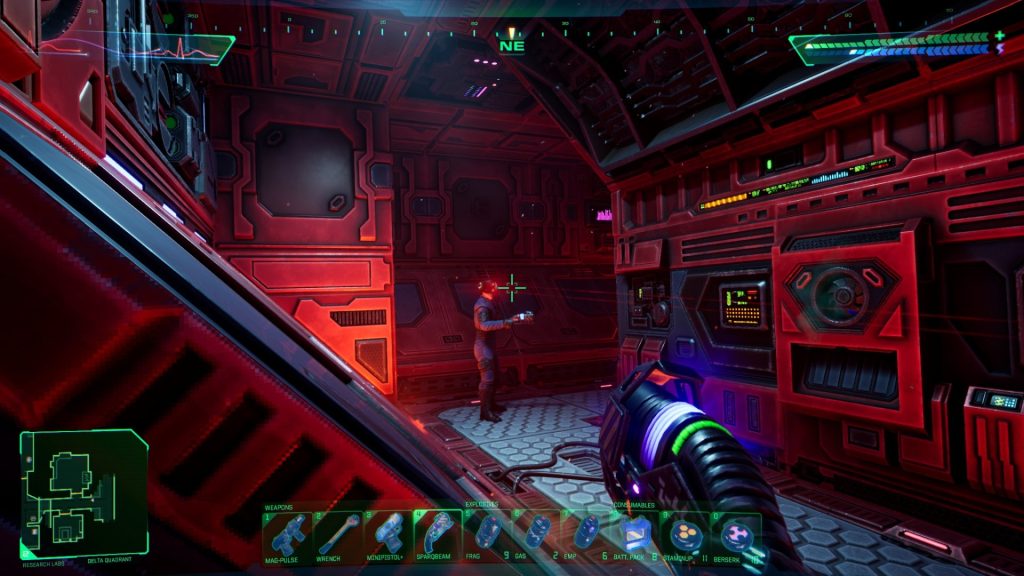
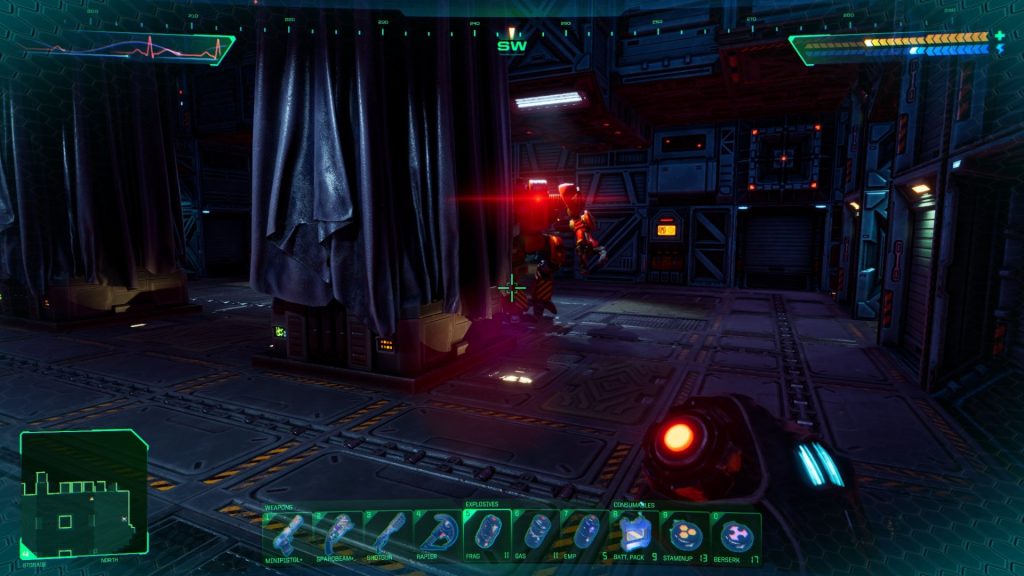
The way the game is displayed is likely to be divisive. From a distance, the textures on surfaces and the various models of opponents look detailed. But when we get up close, some of them are lower resolution and seem pixelated. This has been done deliberately to evoke a little something from the 1994 game. Personally, I find it quite charming as it enhances the art direction of the new System Shock, with its bright colours and contrasting lighting and environments. An environment that is quite dense with details: panels, computers, various machines, switches and piping fill the spatial layout of each floor in Citadel Station and generally lend a convincing impression of an environment that could exist in the (very) distant future. Anyone who had played the original game will immediately realize the amount of work that went into recreating the environments in Unreal Engine 4 and making each level of the station look distinct.
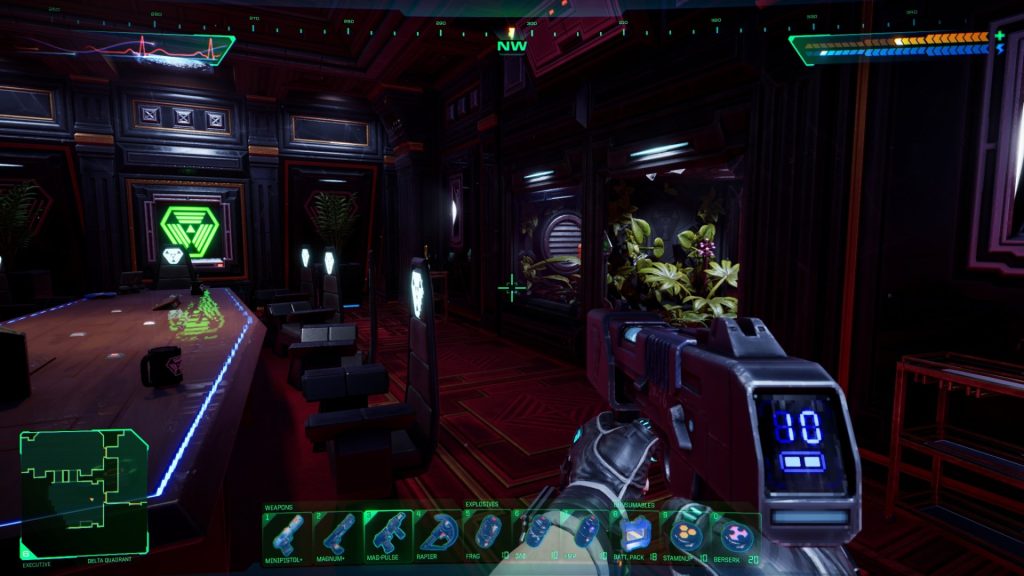
The title of Nightdive Studios takes a more placid approach to music direction. The intense and characteristic techno/electronica tracks of the original have been replaced with subtle, ambient compositions, which are bearly audible in the final mix. This results in a soundtrack that I wouldn't describe as memorable. On the other hand, this choice is very consistent with the horror vibe that pervades System Shock of 2023. Because, let's be honest, the original's MIDI bleeps and bops were a product of its time and for most of the part didn't effectively contribute to creating a cyberpunk nightmare. The voice acting through the incoming messages and logs is very good, prominently featuring SHODAN whose role is reprised by Terri Brosius, as the speech from the original game has been re-recorded.
System Shock, both in terms of pricing and its quality standards, falls right between an indie and an AA production. Therefore, we shouldn't have huge expectations in terms of the technical aspect. More specifically, the animations of some opponents, the way their ragdolls fall when neutralized and the feeling of the melee weapons that does not offer satisfaying feedaback are some elements that give away the title's budget. These, depending on the player's disposition and how much you get immersed by the game's virtues (atmosphere, exploration, finding the next objective) can sooner or later be overlooked. Beyond that, the game has very low requirements and good optimization for a wide range of systems. In my 20 or so hours playthrough, the only setbacks I encountered were an Unreal Engine crash and a noticeable drop in frames in one particular room. The most significant issue was in the first level of the game, when I was locked in combat with an enemy that was in an inaccessible area and I couldn't save (the aggro disappeared when I intentionally killed my character). It was something that prepared me for the worst, but thankfully my experience with the game went smoothly afterwards.
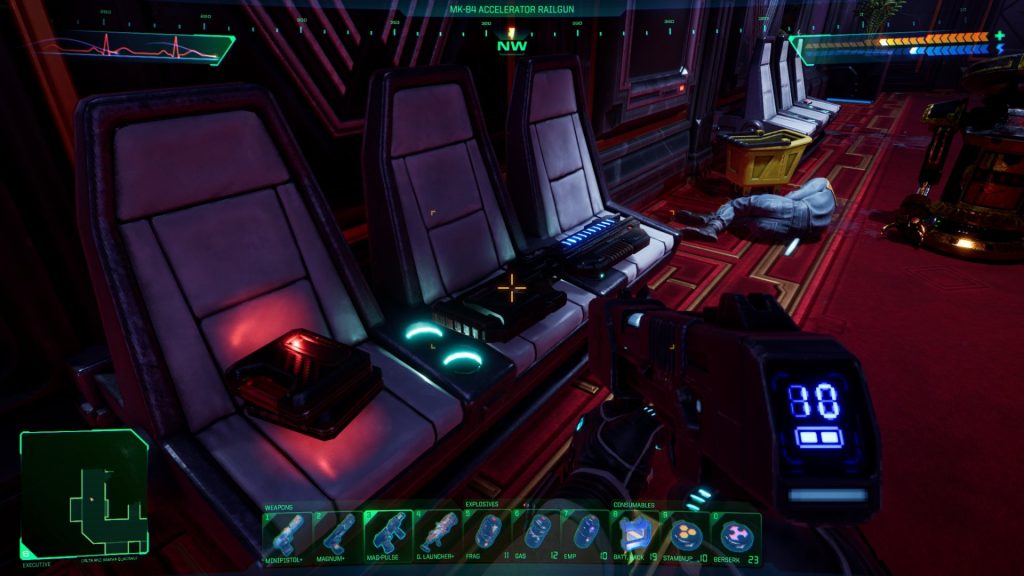
Was it worth the wait? The answer is a resounding yes. Despite the ion storm it went through, with problems during development, a graphics engine shift, delays, and a near total reboot of the project, System Shock of 2023 came out unscathed. With gameplay that still shows today why it influenced countless titles and with a villain like SHODAN that remains one of the most imposing villains in the video game medium. Therefore, this iteration of System Shock is the optimal way to experience the father of immersive sims in the present day.
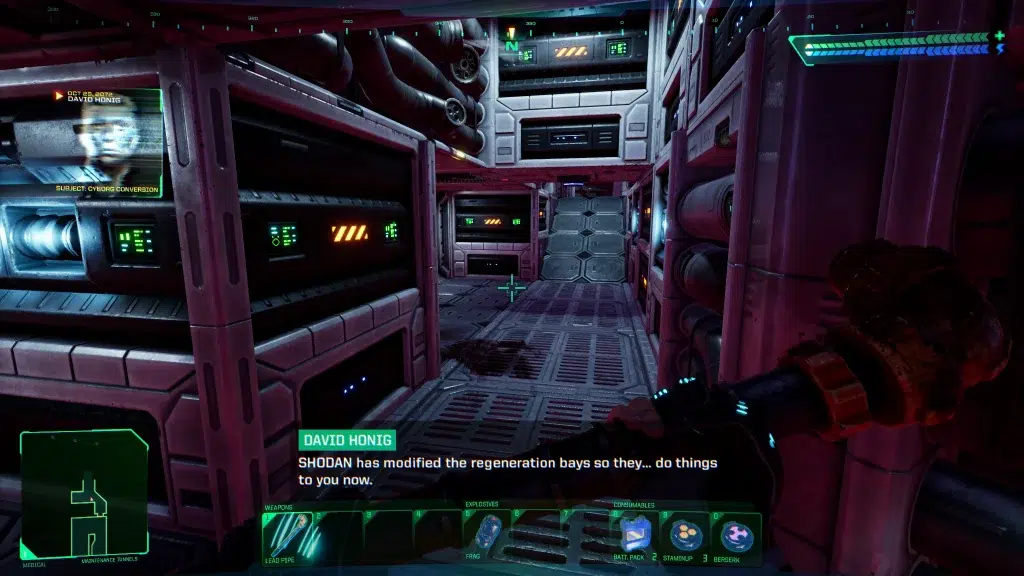




















We would like to thank Enarxis Dynamic Media for providing the review code.
HACKING PERCENTAGE - 87%
87%
Cyberpunk OG
The remake of System Shock is what we more or less expected: a fairly faithful version of Looking Glass Studios' classic which provides some small, modern amenities without compromising its old-school character even for a moment.
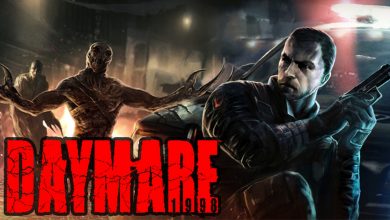

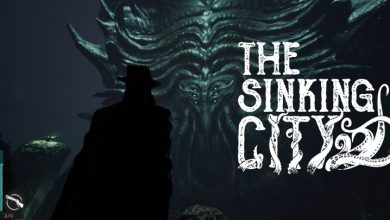
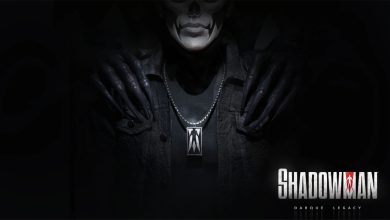


data-trpgettextoriginal=5 comments